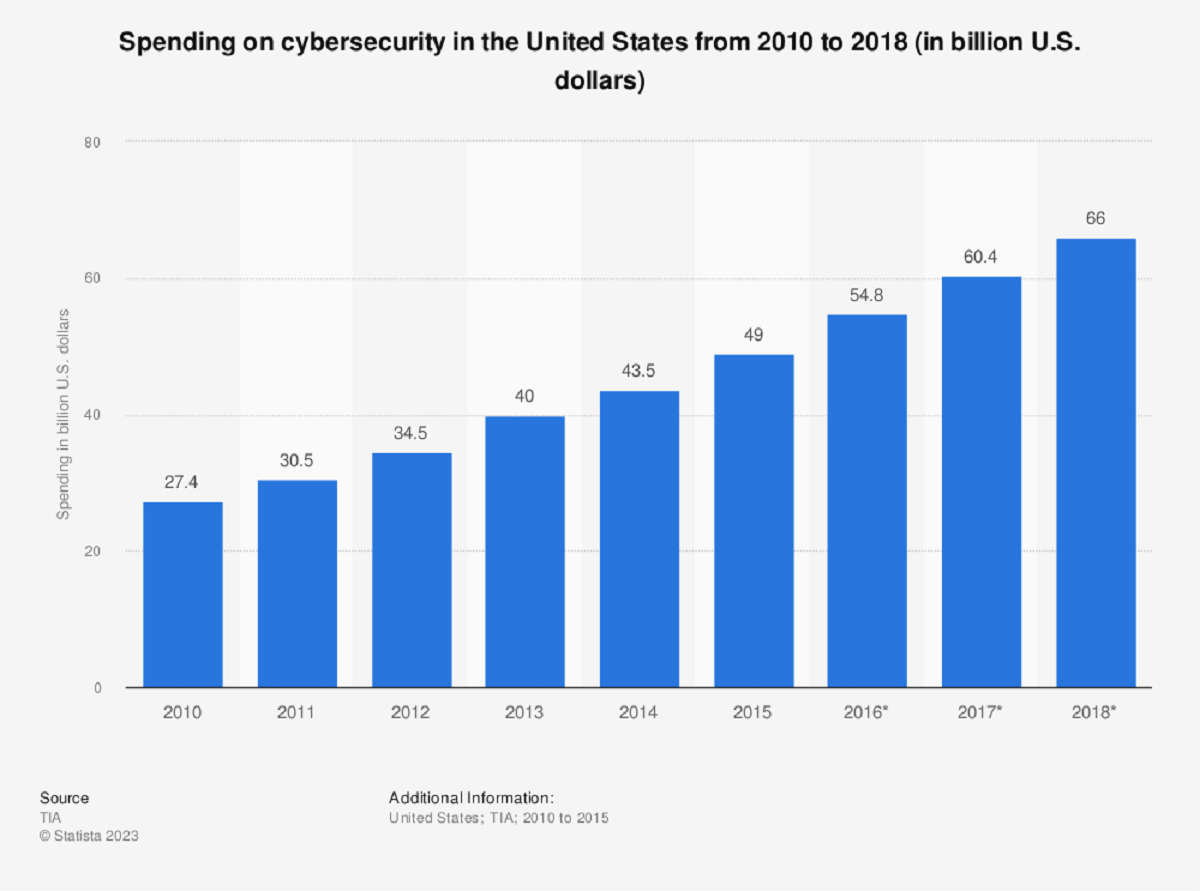Generative AI, the technology that generates text, images, music, and more based on a given prompt, has raised concerns about potential copyright infringement. Users of generative AI tools could inadvertently violate someone else’s copyright, which poses legal and financial consequences. However, different companies monetizing generative AI technology have taken different approaches to address these IP risks.
Key Takeaway
Generative AI vendors have different approaches when it comes to protecting their customers from copyright lawsuits. While some vendors offer robust defense and financial support, others absolve themselves of liability, leaving customers to bear the legal consequences. Customers must carefully evaluate vendor policies and consider risk mitigation strategies when using generative AI tools.
Defending Customers
Some generative AI vendors have pledged to defend their customers financially and otherwise in the event of copyright litigation. They are committed to protecting their customers who may unknowingly violate copyright using their AI tools. This level of support provides reassurance to customers and reduces their liability exposure.
Absolving Liability
However, not all generative AI vendors are willing to take on the responsibility of defending their customers. Some have published policies to shield themselves from liability, leaving it up to their customers to bear the legal costs and damages in case of copyright infringement. These vendors may absolve themselves of any financial or legal obligations, putting the burden solely on the customers.
The Legal Landscape
Generative AI models learn from examples to generate content, and they are often trained on a vast amount of publicly available data. However, this data may not always be in the public domain or come with restrictive licenses that require attribution or compensation. This can lead generative AI users into legal trouble, especially when their models regurgitate copyrighted content without permission.
Several lawsuits have already been filed against generative AI vendors, alleging copyright infringement. These lawsuits involve various forms of generative AI, including code-generating AI, image-generating AI, and music-generating AI. The legal landscape surrounding generative AI is still being shaped, and the outcomes of these cases will have implications for both vendors and users.
Vendor Policies
The terms of service agreements for generative AI tools can be complex and written in legal language. In response to inquiries about their policies on protecting customers from copyright infringement, vendors have provided varied responses.
Some vendors, such as Anthropic and AI21 Labs, have declined to provide clear answers or have policies that limit their liability. They may not financially or legally support customers involved in copyright lawsuits resulting from their AI models’ outputs.
Others, like Amazon, IBM, and Google, offer some degree of defense against IP infringement claims. However, the extent and conditions of this defense can vary, and customers may need to meet certain requirements, such as using specific services or agreeing to certain terms.
Indemnification Challenges
Indemnification clauses, which outline when and how customers can be reimbursed for damages from third-party claims, play a crucial role in generative AI vendor policies. Some vendors have comprehensive indemnification provisions, while others have limited or conditional indemnity.
Customers must carefully review the fine print and weigh the offering of indemnities when considering using a particular generative AI tool. These indemnities are not a guaranteed solution for avoiding copyright infringement claims, and customers should still be cautious and consider other risk mitigation strategies.

























